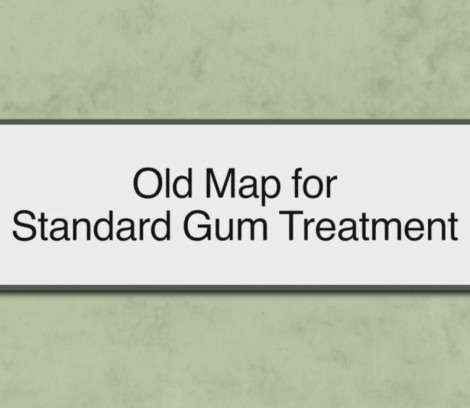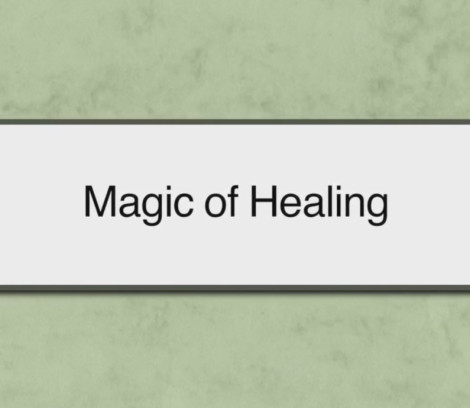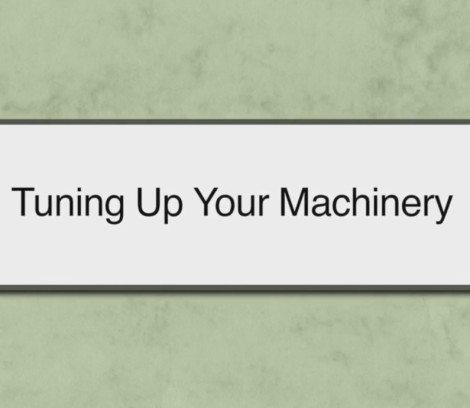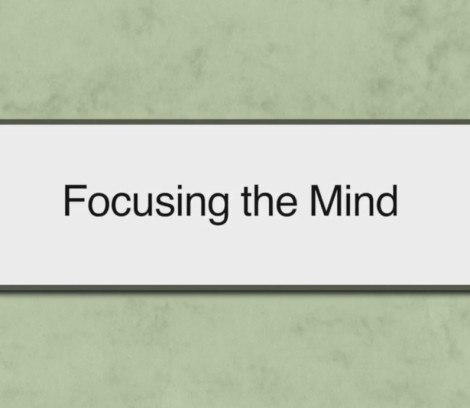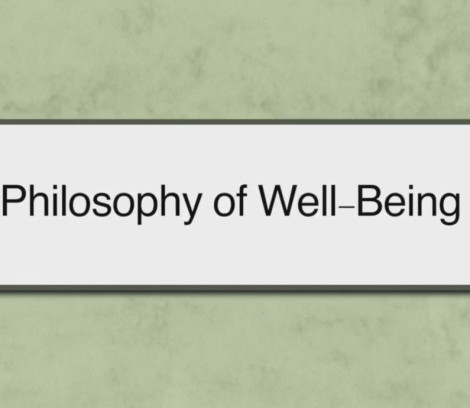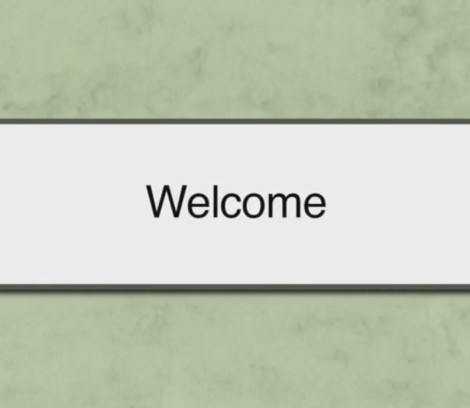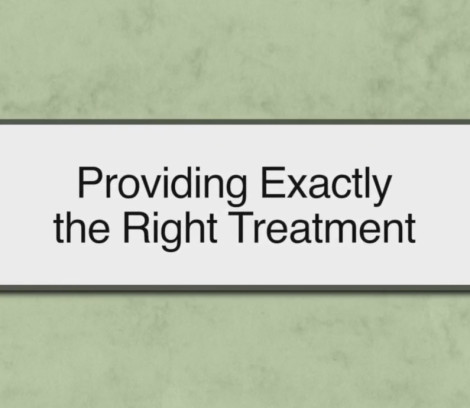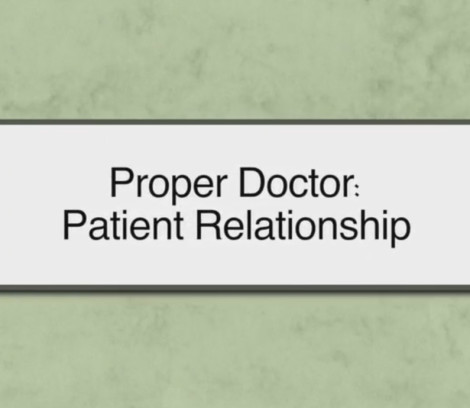#7 Philosophy of Well-Being
Greetings. In this lesson, we are going to look at some big ideas, ideas that go beyond a dental office, that even go beyond the field of health care. We can call it a philosophy of well-being.
In our practice, it all began to come together many years ago. It was because of one particular patient. His name was Michael Glass, Captain Michael Glass. He was older when I met him, retired. Captain Glass was slight of build, very thin. He was a quiet man, his voice little more than a whisper. There was a self-contained aura of inner strength about him, his posture, the way he spoke. Clearly, here was a man that could take care of himself. One of those guys that you knew instinctively, do not mess with Michael Glass.
Read More ...At one of our earlier appointments, I asked him just what kind of “Captain” he was. Well, he took out his wallet and handed me a business card, a most unusual business card. It read something like this (remember it was a long time ago): Captain Michael Glass, pilot, certified multi-engine planes; (then it went on); ship captain, any tonnage any seas; and finally, it said: dangerous missions accepted.
Pretty impressive indeed, especially the part about dangerous missions. I asked Capt. Glass what made him so special that he could successfully handle dangerous missions for both plane and ship, missions that no one else would or could undertake. His answer, as always, just a little above a whisper, was:
I had complete knowledge of my equipment, my machinery. I knew its strengths and just as importantly, I knew its limits. And I never exceeded those engineered limits, whether an airplane or a ship. Then I maintained every nut, bolt, and screw to the highest level. Everything was humming on all cylinders. I made sure of that.
While I did not know it right then, this answer would evolve to form the basis for our philosophy of well-being. What if we take the successful methods of Captain Glass, that worked so well with his air and sea adventures, and apply them to us, to our bodies, and to our lives?
Each one of us in a certain sense is a unit of biologic machinery, each one equipped a little differently, with different strengths and different limits. Each with engineered limits that must never be exceeded. And each of us, although we are not made of nuts, bolts, and screws, has the potential to be maintained to the highest level.
Imagine yourself as a unit of biologic machinery. Although your unit is similar to others, the truth is that you are unique. Each one of you has different strengths and different limits. And you have somewhat different requirements for maintenance.
Let’s take these ideas one-step further and look at the practical implications, the possibilities. The more accurately and truthfully you identify your own strengths, limits, and maintenance requirements and how you apply them, will make all the difference in your life.
Paying attention to your personal requirements not only determines your health and well-being, but in a broader view, it determines how closely you will come to achieving your potentials. Unrealized human potential may be the saddest waste of all.
If you don’t pay attention to these things, you suffer from poor health, unsuccessful professional and personal experiences, and the mental depression and anxieties that accompany an unfulfilled life.
The most vital, critical requirement for taking care of your self, your machinery, concerns your mind. We are, fundamentally, thinking beings. To survive and flourish is to train your mind. You train to concentrate, to focus intensely, to stay “in the moment”, the present tense, or simply to pay attention. The “here and now” is the only “time and place” where you can accomplish anything or enjoy yourself. The past is simply a memory and the future is imaginary, but the present is real. It is here. It is now.
Concentration is the mother of all skills. Anything is possible with concentration. How do you train yourself? How do you train your mind? Well, during the early years of our practice, in the ‘70s, were lucky enough to find some great mind study teachers and they’ve made all the difference.
Herbert Benson at Harvard University wrote The Relaxation Response. Nathaniel Branden opened his Institute for Human Potential in California, Laurence Moorhouse and Leonard Gross wrote Maximum Performance in 1978 and founded the Human Performance Laboratory at UCLA, and then there was W. Timothy Gallwey, the tennis pro who went to the far East to learn how to concentrate so he can play better tennis.
After years of study, Gallwey came back to write a book in 1974 called the Inner Game of Tennis. Instead of better tennis, Gallwey discovered that concentration is the mother of all skills. From then on he played tennis to learn how to concentrate better.
We induce concentration through gentle, deep, rhythmic breathing. Breathing techniques play the central role in meditation, yoga, tai chi, religious chants and prayer. Such breathing quiets, stills, and sharply focuses your mind.
Just try this universal breathing technique: Feel yourself inhale. Pause. Feel yourself exhale. Pause. Again. Again. Practice belly breathing. Relax muscles. Still the mind. Increase awareness. Use all senses. Be nonjudgmental. Focus laser-like on one thing. ONLY one.
Welcome to the here and now. You are NOW “paying attention”. And paying attention is what it is all about. Learn to use your breathing to induce concentration. Learn to center yourself. Learn to use your most indispensable survival tool. It is not difficult to do. Nothing is more natural than breathing.
Next, we’ll look at paying attention to the rest of your biologic machinery.
